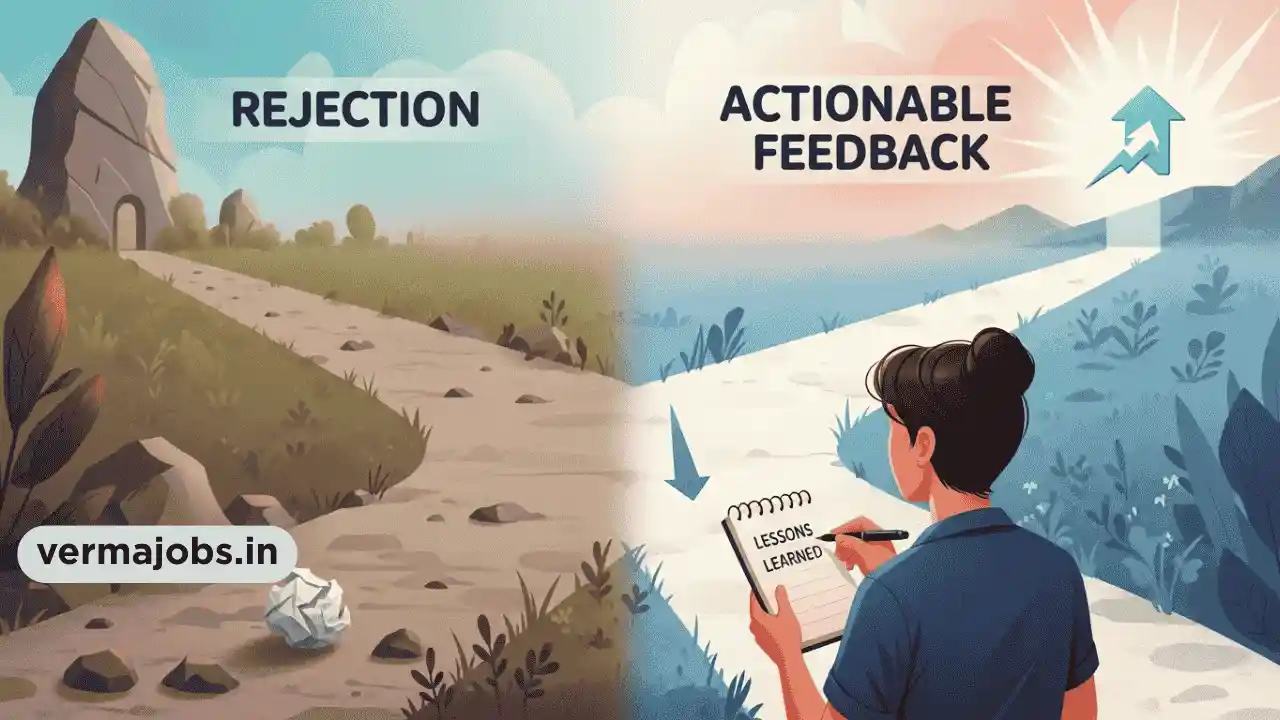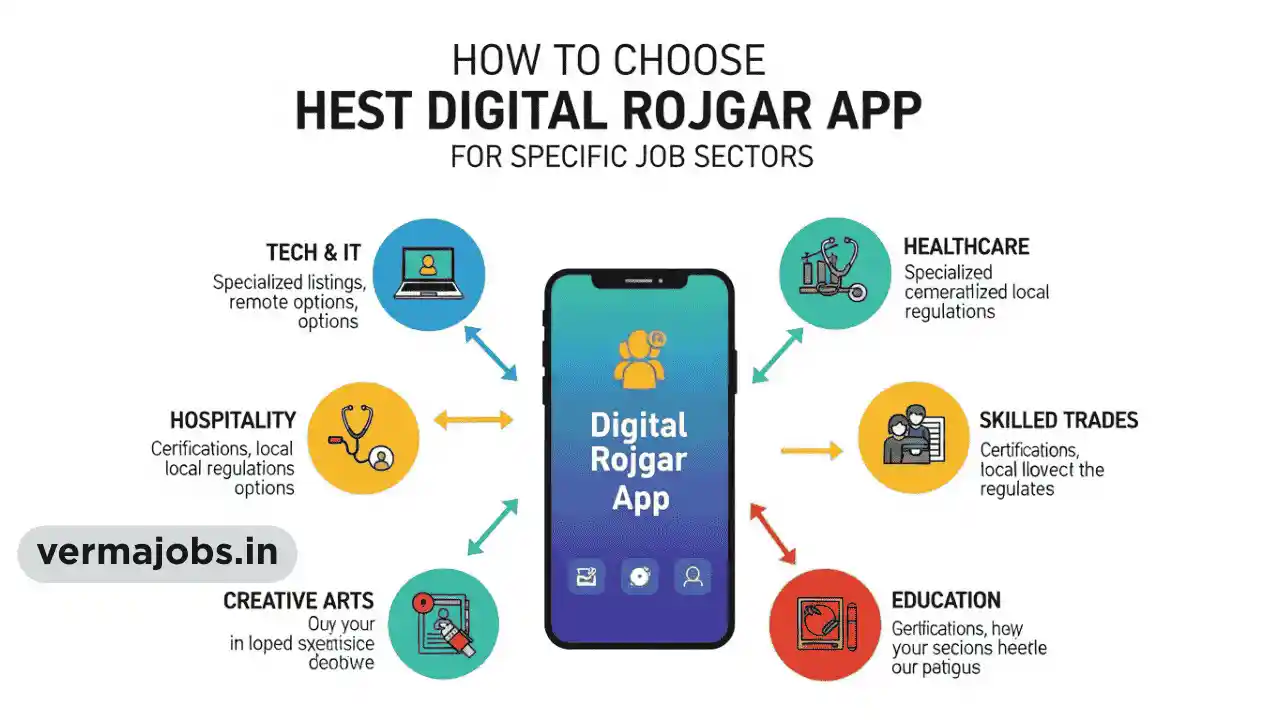Job hunting is a challenging journey, and rejection is a part of the process for every job seeker. While receiving a rejection can be disheartening, handling it professionally and using it as a learning opportunity can significantly improve your career prospects. Here’s a guide on how to handle rejection and turn it into actionable feedback.
1. Accept Rejection Gracefully
The first step is to acknowledge the rejection without negative emotions. Respond politely and thank the recruiter for the opportunity.
Tips:
- Avoid reacting impulsively or emotionally.
- Maintain a professional tone in any email or conversation.
- Keep doors open for future opportunities.
Example Response:
“Thank you for informing me about your decision. I appreciate the opportunity to interview and hope to stay in touch for future roles.”
2. Reflect on the Experience
After accepting the rejection, analyze your own performance to understand areas for improvement. Consider:
- Did you meet all the eligibility criteria?
- Was your resume clear and tailored for the role?
- How did you perform in the interview or assessment?
Reflection helps you identify strengths and weaknesses, which is crucial for future applications.
3. Seek Constructive Feedback
Whenever possible, ask the recruiter for feedback. Constructive feedback provides insight into specific areas where you can improve.
Tips:
- Request feedback politely via email.
- Focus on improvement rather than blaming yourself.
- Use the feedback as a roadmap for skill development.
Example Request:
“I would appreciate any feedback on my interview or application to help me improve for future opportunities.”
4. Identify Areas for Improvement
Based on self-reflection and feedback, create a clear plan to address weaknesses. Areas to consider include:
| Area | Action Plan |
|---|---|
| Resume & Cover Letter | Tailor to each job, highlight achievements |
| Technical Skills | Take relevant courses or certifications |
| Interview Skills | Practice mock interviews, improve communication |
| Knowledge of Industry | Stay updated on trends and sector news |
5. Turn Rejection into Motivation
Rejection should be seen as an opportunity to grow, not a setback. Use it to fuel your determination and prepare better for the next opportunity.
Tips:
- Set goals for skill improvement.
- Practice resilience and maintain a positive mindset.
- Track progress and celebrate small improvements.
6. Keep Applying and Networking
Even after rejection, continue your job search and expand your professional network. Sometimes, persistence and connections can lead to opportunities you may not have considered.
Tips:
- Connect with professionals on LinkedIn.
- Attend webinars, workshops, and career fairs.
- Apply to multiple relevant positions simultaneously.
Conclusion
Rejection is a natural part of the job search process. Handling it with professionalism, seeking constructive feedback, reflecting on your performance, and taking actionable steps for improvement can transform rejection into a learning opportunity. By adopting this approach, you can enhance your skills, build resilience, and increase your chances of success in future applications.













